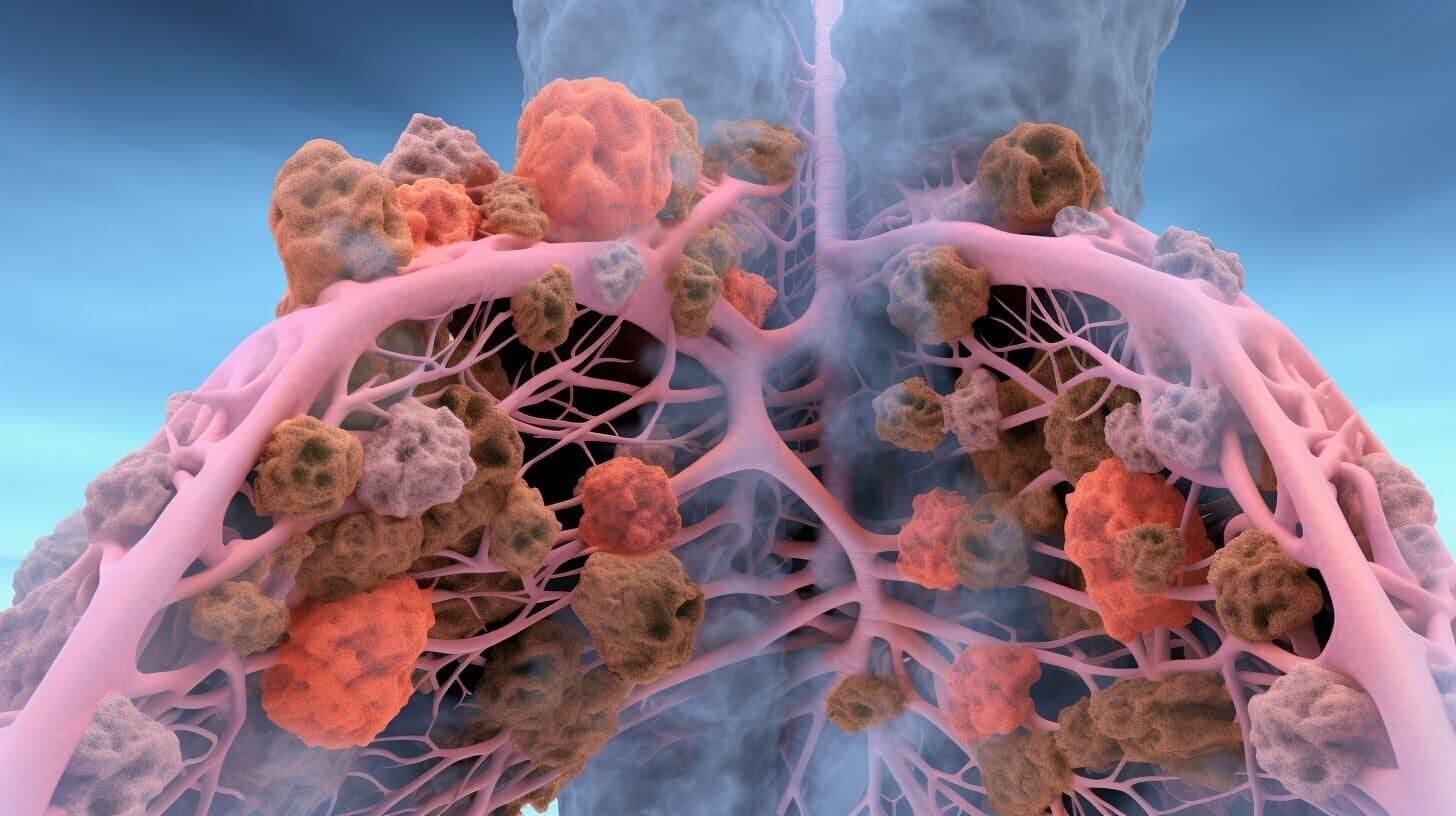KEY TAKEAWAYS
- The study aimed to describe how patients and caregivers learn about and experience ICI toxicities and perceptions.
- The results showed patients found ICI toxicity counseling overwhelming but felt reassured by oncologists’ explanations.
Immune checkpoint inhibitors have transformed treatment for people with melanoma and lung cancer and are widely used.
Ayo S Falade and the team aimed to explore how patients and caregivers understand ICI toxicities and their related perceptions and experiences.
Researchers conducted a qualitative study involving 42 patients with advanced non-small cell lung cancer (NSCLC; n = 16) or melanoma (n = 26) who were either starting or discontinuing an ICI, along with their caregivers (n = 9).
They conducted in-depth interviews to examine patients’ and caregivers’ experiences with learning about and managing ICI side effects. The first oncology visit after enrollment was audio-recorded. Using a framework approach, they coded interview and visit transcripts and synthesized the codes into themes.
The median patient age was 67, with 68% being male. Themes from participant interviews and clinician-patient conversations revealed several key points. Patients starting ICI treatment received extensive information about side effects, which many found overwhelming, frightening, and hard to process.
Despite fears about toxicity, patients often proceeded with treatment due to encouragement from their oncologists or feeling they had no other options. Participants expressed hope in the connection between experiencing side effects and the potential efficacy of the treatment.
Caregivers play a crucial role in helping patients manage the vast amount of information and uncertainty surrounding ICIs. Participants also suggested improvements for educating about ICI side effects, such as including stories from other patients.
The study concluded that patients found ICI toxicity counseling overwhelming but were reassured by oncologists’ emphasis that serious side effects were manageable and by framing toxicity as a sign of treatment efficacy. The study also identified opportunities to improve communication regarding the risks and benefits of ICIs.
Funding was given by the American Society of Clinical Oncology Conquer Cancer Foundation Career Development Award (Petrillo), National Cancer Institute K08CA263549 (Petrillo), and American Cancer Society Clinical Research Professor (Dr. Temel).
Source: https://pubmed.ncbi.nlm.nih.gov/39320566/
Falade AS, Boulanger MC, Hsu K, et al. (2024). “Learning about and living with toxicity: a qualitative study of patients receiving immune checkpoint inhibitors for melanoma or lung cancer and their caregivers.” Support Care Cancer. 2024;32(10):684. Published 2024 Sep 24. doi:10.1007/s00520-024-08868-7



